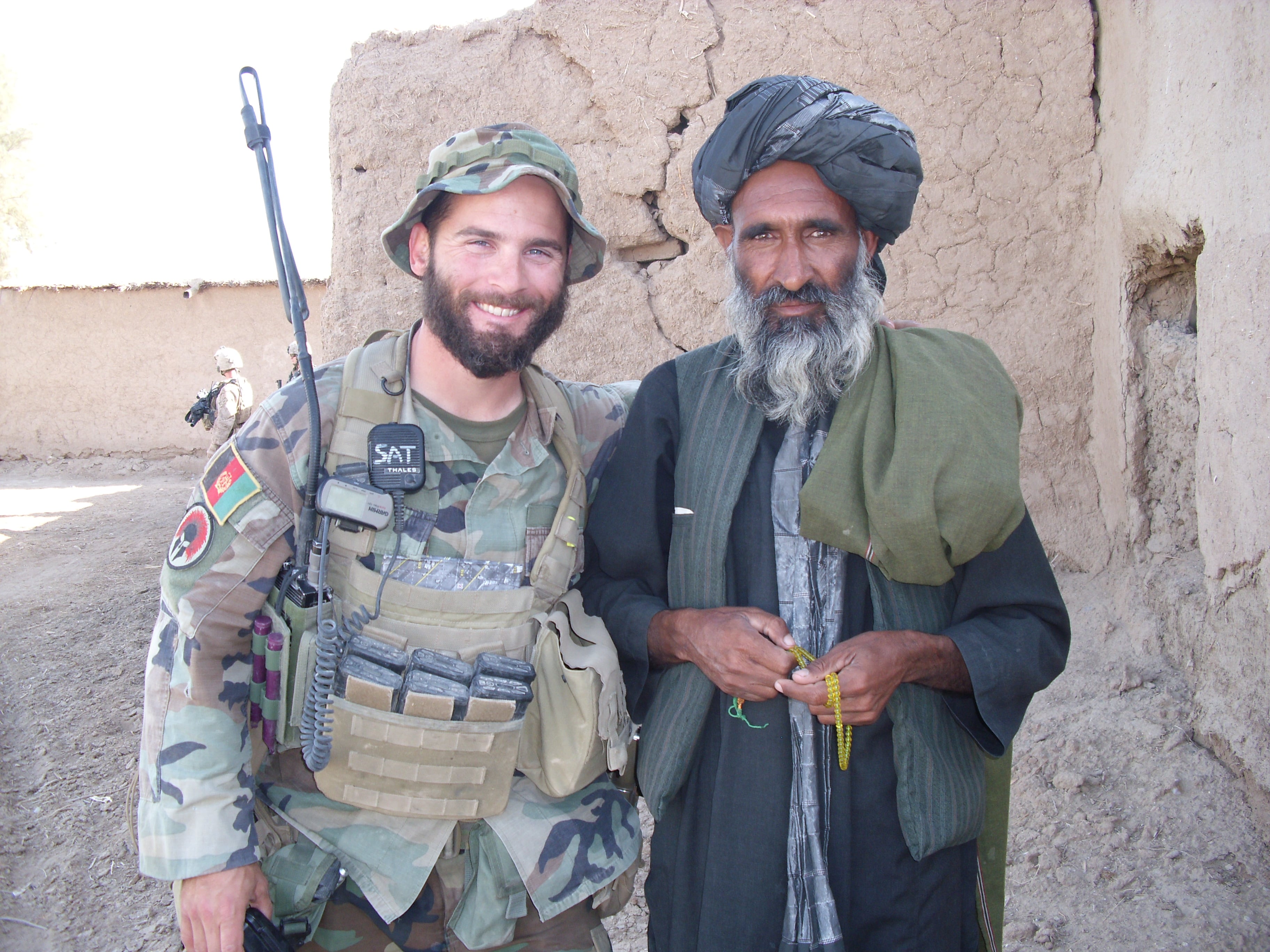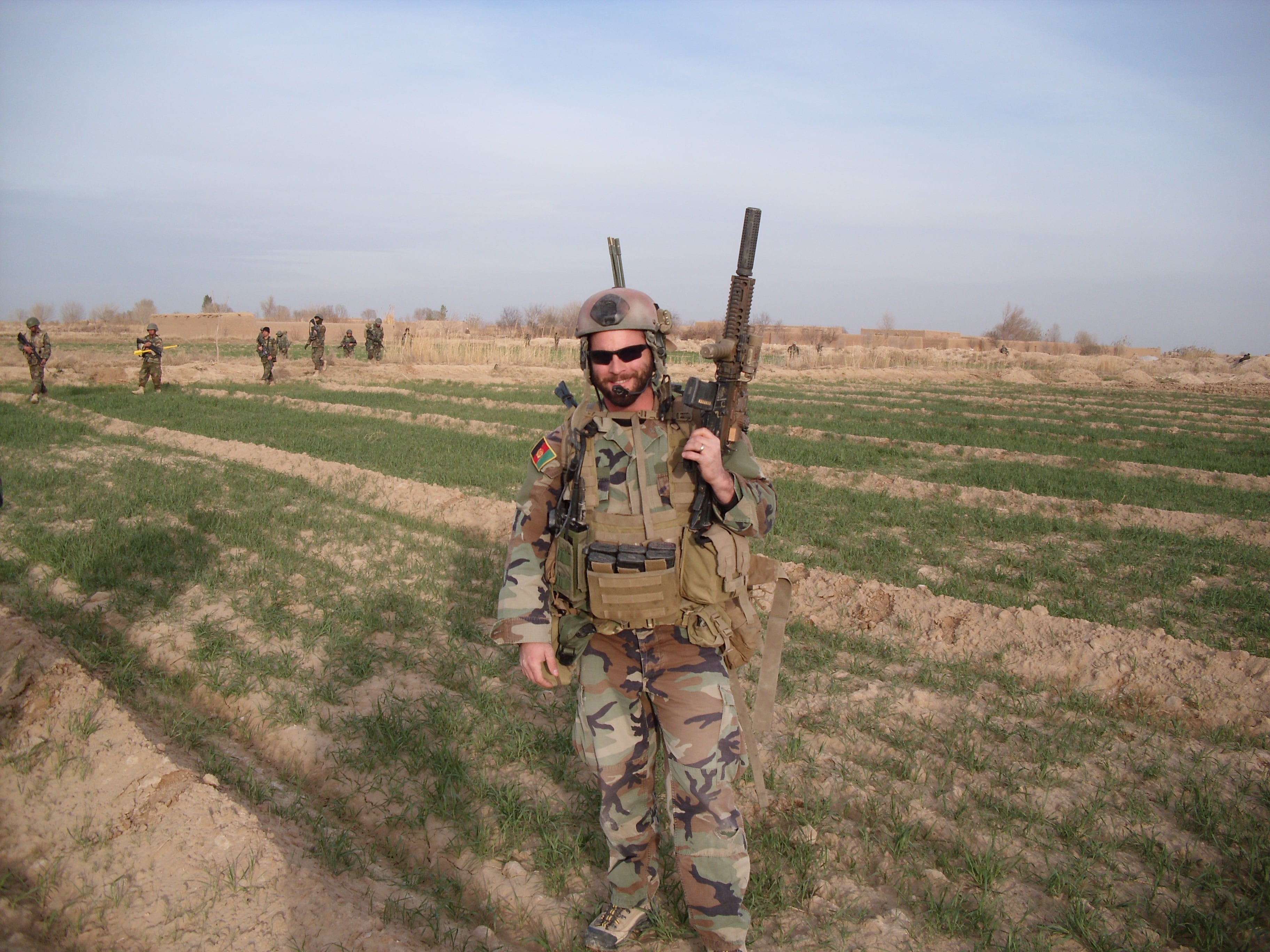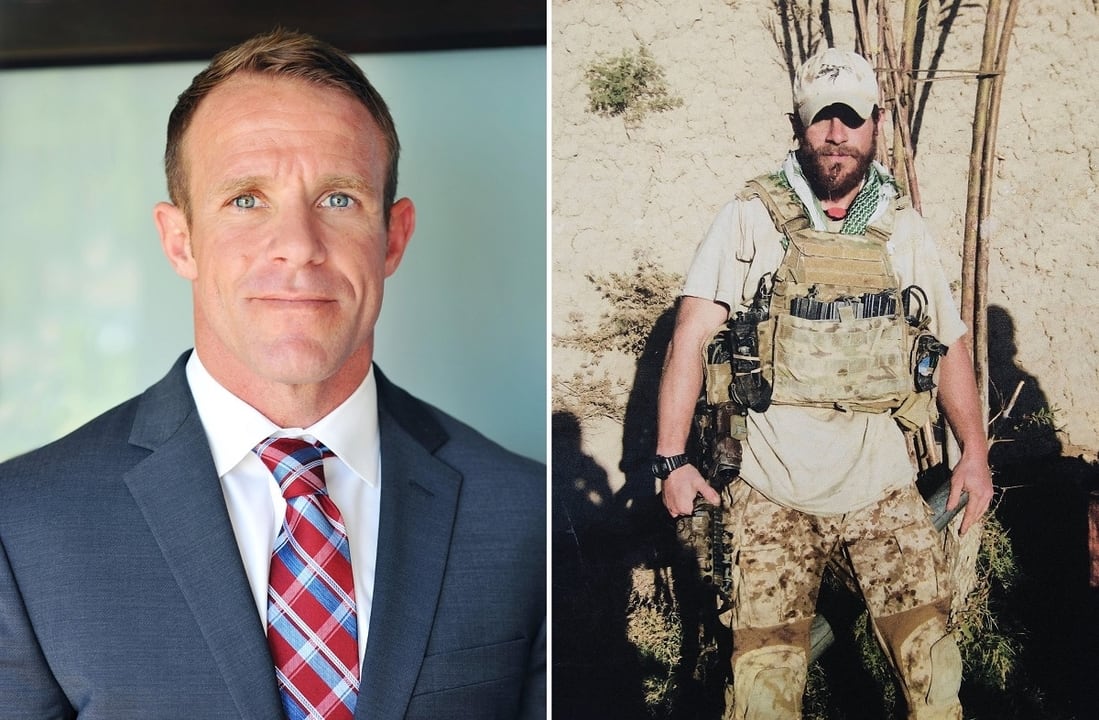A nonprofit dedicated to ensuring that troops charged with war crimes get treated fairly by the military justice system is helping push a new appeal for Army 1st Lt. Clint Lorance, who is serving a 19-year sentence on Afghanistan murder charges.
United American Patriots is also closely involved in supporting former Army Green Beret Maj. Mathew Golsteyn, who was recently charged with murder in a separate Afghanistan incident that has gained the attention of President Donald Trump.
UAP CEO David Gurfein, a retired Marine Corps lieutenant colonel, said that the group reviews those cases in which they’re asked to assist, but they limit their support to war crimes cases in which their board sees indications that the accused might not be getting the due process they’re entitled.
Gurfein said his group sees more instances in which defendants are falling victim to military prosecutors who work in a somewhat closed system that’s hard to hold accountable.
“They deserve to at least have the benefit of the doubt and have the best possible legal defense in their case,” Gurfein said. “Our job is to come in to be bold and audacious, or at least support those who can come into the system that way.”
The group began supporting Lorance during his initial appeals. And it was in contact with Golsteyn’s attorney, Phillip Stackhouse, before his recent charges.
RELATED

Golsteyn was first investigated a year after the alleged 2010 incident, during which his unit captured an alleged Taliban bomb-maker, detained him, but then took him off base and shot and buried him before moving the remains later that night to a burn pit.
The initial investigation resulted in administrative recommendations but no criminal charges. A new investigation was launched years later as Golsteyn remained in a sort of military limbo awaiting discharge. He was finally charged with murder in the incident earlier this month.
Lorance was sentenced to 19 years in prison after being convicted of one count of murder and two counts of attempted murder in connection with the shooting of three Afghan men during his time as a platoon leader on a combat deployment with 4th Squadron, 73rd Cavalry Regiment in July 2012.
UAP and other supporters claim that Lorance was following the rules of engagement during a patrol in which the three man approached the unit on a motorcycle and, seeing a potential threat, he ordered his soldiers to fire on the men.
But others, including Lorance’s own soldiers, testified that the lieutenant was overzealous and out of control and had spent his few days in command tormenting local Afghans and issuing death threats.
Some soldiers who served with Lorance were ordered to testify and some were granted immunity from murder-related charges in exchange for their testimony.
Failing in the original appeals with the Army, Lorance’s new attorneys, paid for by UAP, have filed a case in federal court asking that the convictions and sentence be reversed and dismissed, alleging prosecutorial misconduct, ineffective assistance of counsel, insufficient facts and other items.

The judge in that case has set Jan. 18 as a deadline for the Army’s response to Lorance’s claims.
A key part of that argument came from research that UAP says shows the Army knew the Afghan men killed during the patrol were not civilians but identified bomb-makers, and that separate reports show an attack was imminent against Lorance’s unit.
Gurfein also said that public comments by senior judge advocate general leadership during Lorance’s appeal adversely influenced his appeal, and that Lorance was likely the victim of a tense political environment at the time of the patrol incident.
A status of forces agreement between the United States and Afghanistan was a hotly contested point at the time of the 2012 patrol, as the legal penalties for U.S. and coalition troops were not yet clear following the major withdrawal and decrease of coalition combat operations.
At the same time, officials were dealing with the Kandahar massacre, in which then-Army Staff Sgt. Robert Bales shot and killed 16 Afghan civilians in two separate lone-shooter attacks on villages near Camp Belambai.
This happened three months before Lorance’s patrol.
UAP formed in 2005 in response to what its founder and members saw as unfair treatment of Marines accused of killing dozens of Iraqi civilians in Haditha, Iraq. At the time, Rep. John Murtha, D-Penn., said the Marines had “overreacted” and “killed innocent civilians in cold blood.”

Of eight Marines charged, only one stood trial, and he was convicted of a single count of negligent dereliction of duty. All other charges resulted in either dismissal or acquittal.
UAP operates entirely off of donations, Gurfein told Military Times. He emphasized that while they have raised millions to support the select cases they accept, the average donation is $39.
In addition to Golsteyn and Lorance, UAP also is providing support to Navy Chief Special Warfare Operator Edward Gallagher, who recently faced an Article 32 hearing in connection with allegations the SEAL allegedly stabbed to death an alleged ISIS fighter in Iraq in May 2017.
And the group is supporting four other SEALs in a separate incident: Lt. Jason Webb, Special Warfare Operator 1st Class Daniel D'Ambrosio Jr. and Special Operator Chief Petty Officers Xavier Silva and David Swarts.
The four faced a court-martial for charges of abusing prisoners at Village Stability Platform Kalach in Uruzgan Province, Afghanistan in May 2012.
Todd South has written about crime, courts, government and the military for multiple publications since 2004 and was named a 2014 Pulitzer finalist for a co-written project on witness intimidation. Todd is a Marine veteran of the Iraq War.
